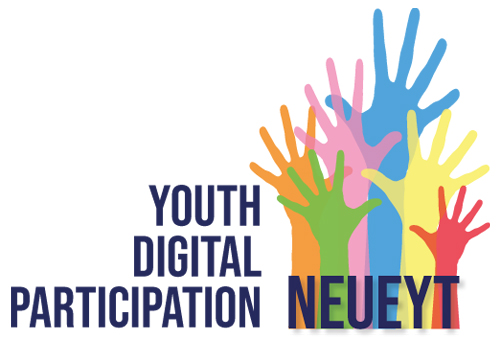One of the most important barriers for the active participation of young people to civic life is the lack of a clear understanding on how to approach topics that are highly interested in and present them to relevant stakeholders and policymakers.
In that sense, the Six Steps initiative suggests an innovative methodological approach that could be equally used by both youth and policymakers. During the first transnational online workshop designed in the framework of the Six Steps initiative both groups were introduced to the methodology through interactive sessions based on participatory group-work.
The workshop took place on the 5th of October with more than 30 participants from Greece, Cyprus, France, and the Republic of North Macedonia. The vast majority of the participants were young people interested in the methodology but also educators, civil society organisations, representatives from partner organisations, and other stakeholders were involved.
The workshop revolved around the question of active citizenship and suggested the methodology of the 6 Steps as an effective problem-based, learning process to kindle young people’s interest around civic matters. Particularly, participants were firstly introduced to each other through an interesting icebreaker activity. Then the main objectives and goals of the NEUEYT project were presented followed by The Problem Tree activity, that is an interactive group activity in which the participants explored more the deeper roots and consequences of the lack of youth active participation in civic and democratic life.
Furthermore, the main facilitator from Hub Nicosia introduced the Six Steps initiative, and all participants engaged in interactive activities to learn more about this methodology. Participants were divided in groups and tried to put the steps in the correct order. After presenting in plenary their ideas, participants learned that the Six Steps methodology is rather flexible and most of the steps are interchangeable. However, it is important to follow the suggested order as it supports our goal to bring to the fore important issues that affect the lives of young people in their communities. Additionally, participants were divided again in different groups and discussed the definition of a step that was assigned to them. Six different groups gave interesting definitions for each step, and they all agreed on the main elements of each step. For more information about the methodology and the Six Steps, you can visit the initiative page here.
All participants were really excited about the workshop as they shared during the final reflection round and very eager to continue with the local workshops where they will develop their intervention plans that will later implement at the local level. Stay tuned for more gripping news to come!
















